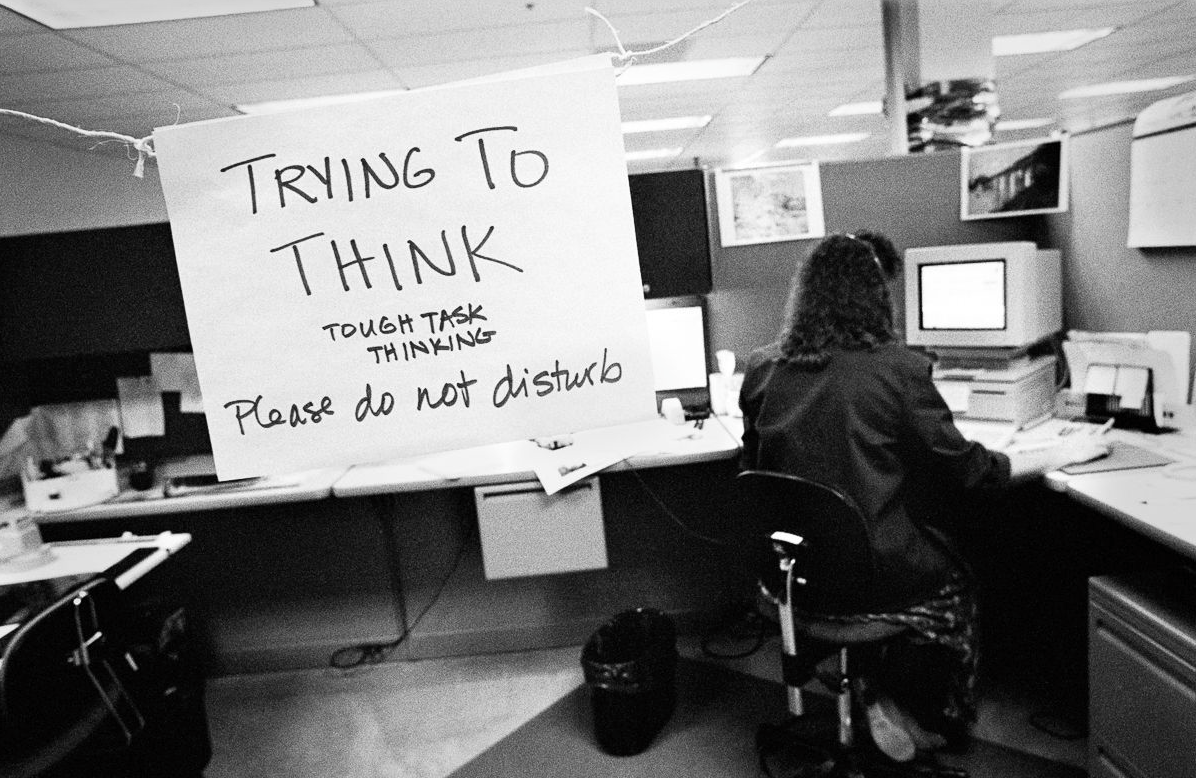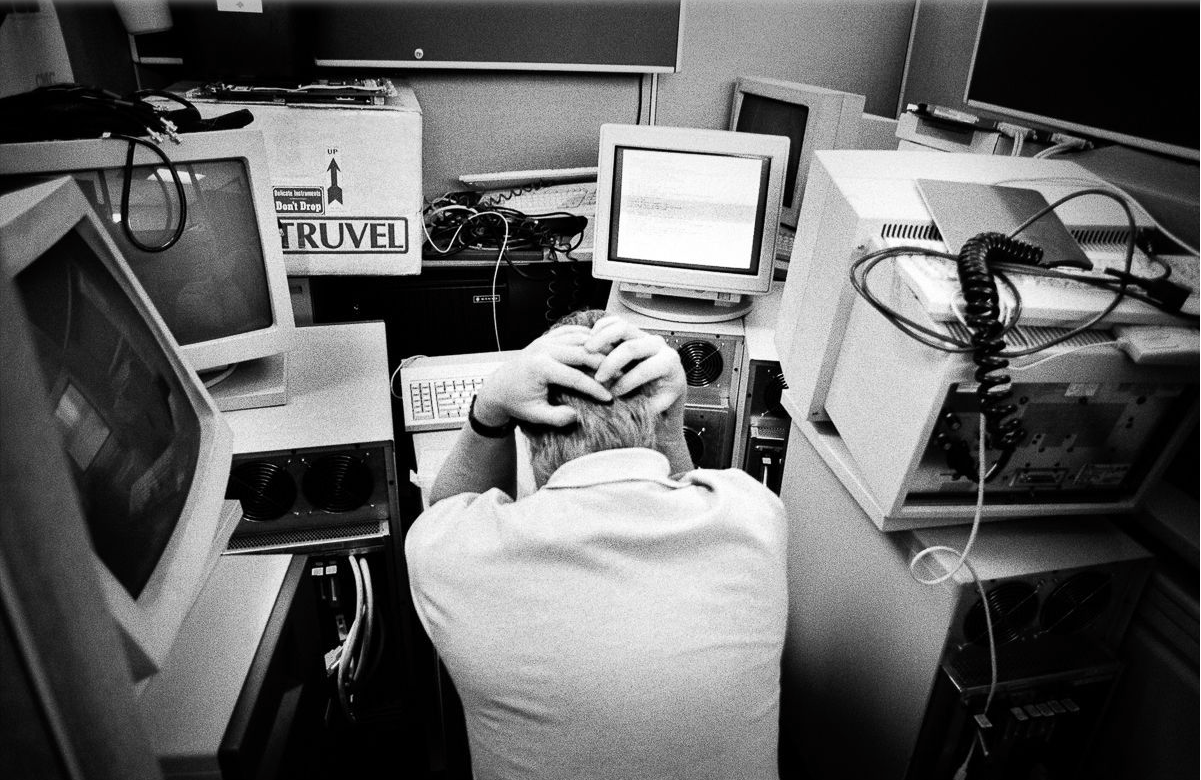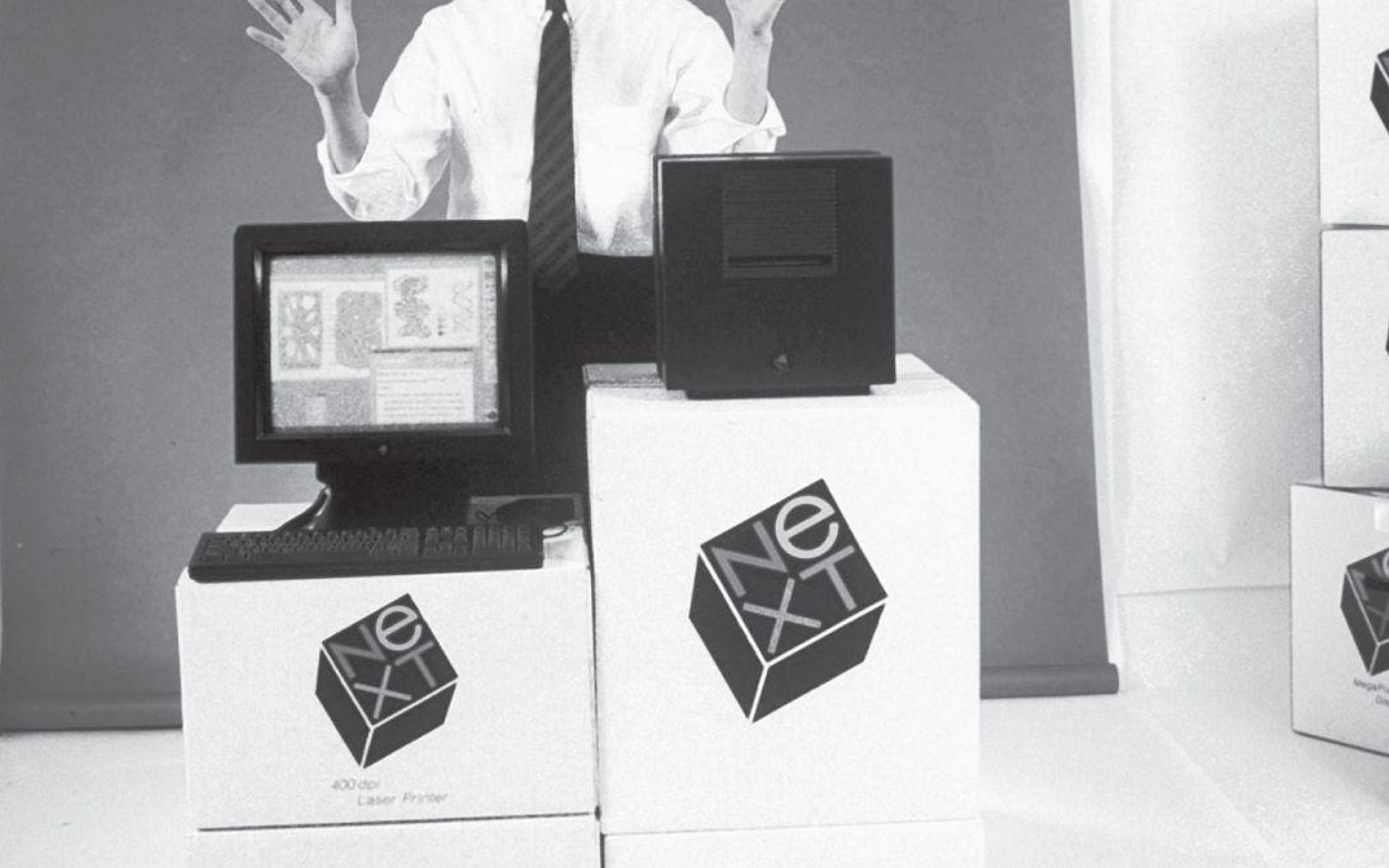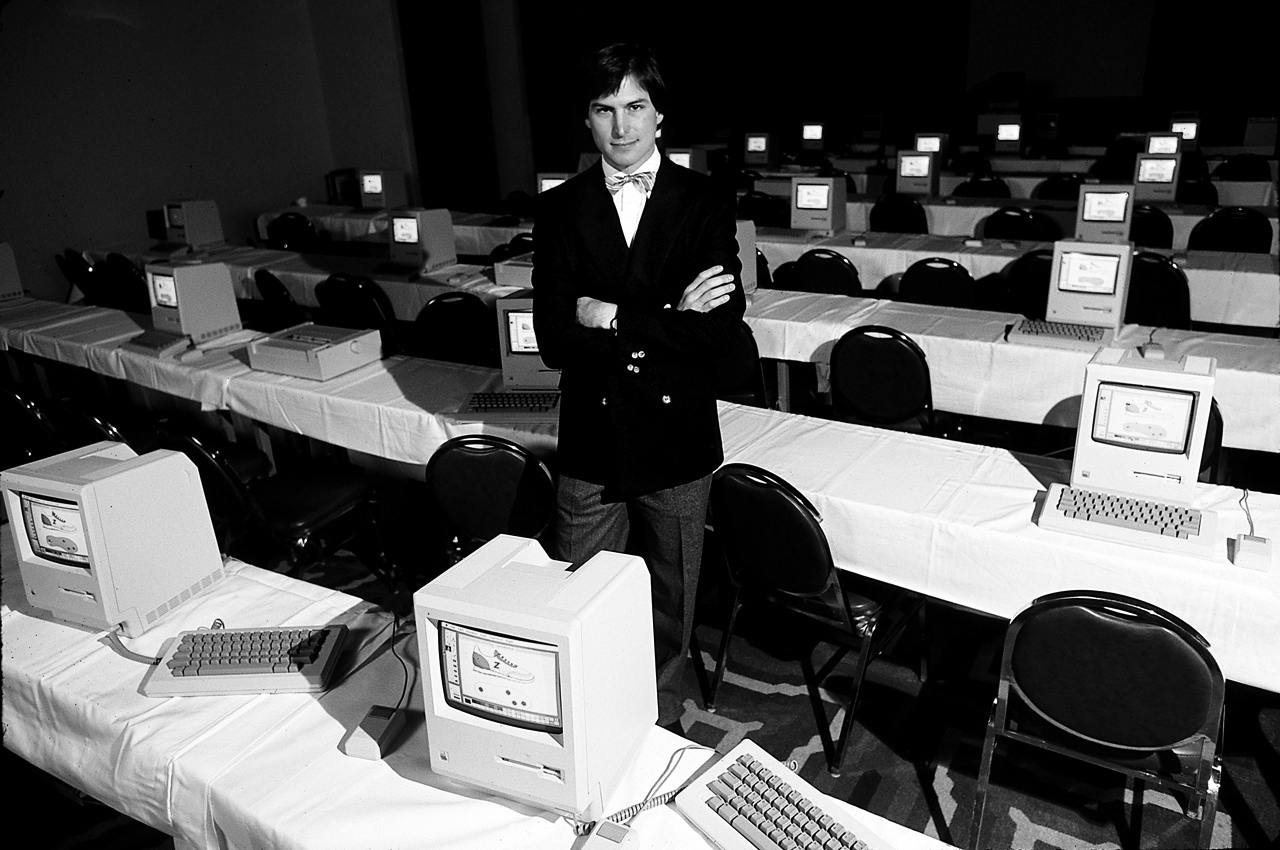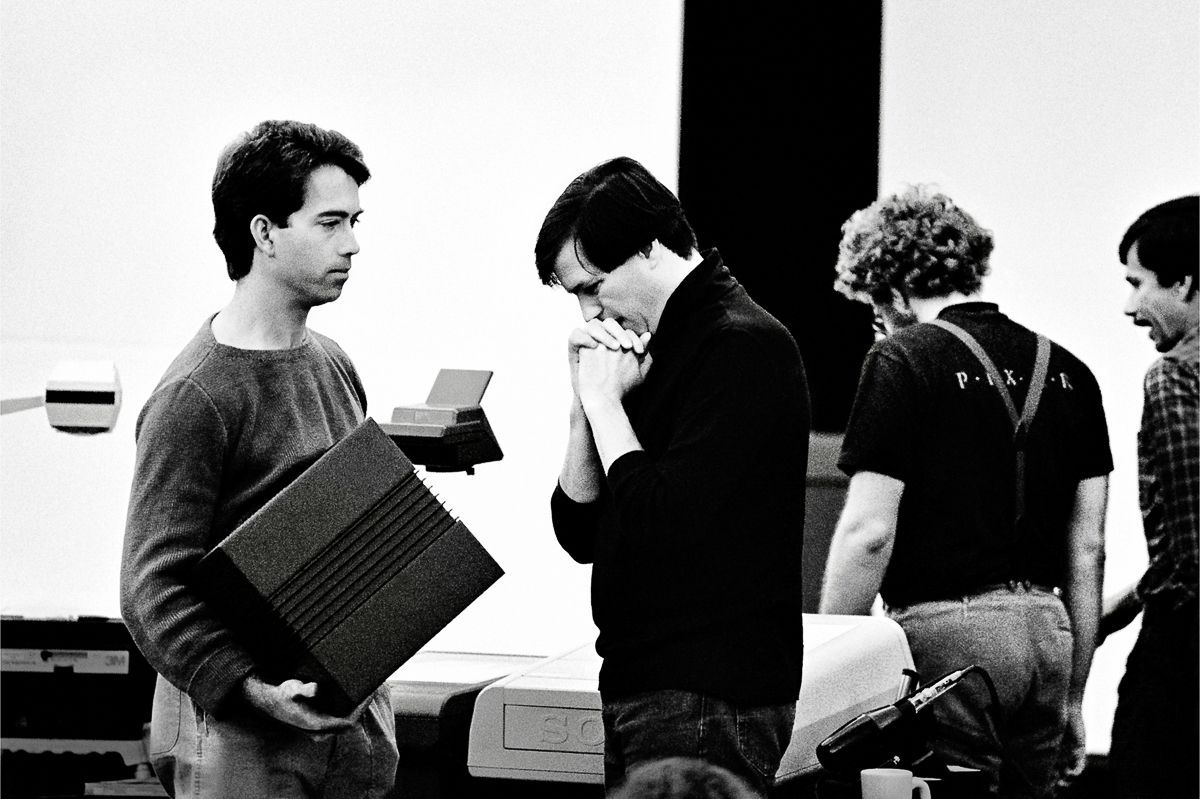Much of the great leverage of using computers these days is using them not just for computationally intensive tasks but using them as a window into communication intensive tasks, as you know. And never have I seen something more powerful than this computation combined with this network technology that we now have, not only networks throughout an organization…
of course the wider area networks through the internet.
I just want to focus on something that’s very close to my heart which is living in a
high-speed network world to get your
job done everyday.
Now, how many of you manage your own storage on your computers? I’ll give you back up your computers as an example. How many of you had a
crash in the last… three years?… four years? Right.
Okay. Let me describe the world I live in. About eight years ago we had high speed networking connected to our now obsolete
‘NEXT’ hardware running at the time and because we were using NFS, we were able to take all of our personal data or home directories [as we call them] off of our local machines and put them on a server. The software made that completely transparent and because the server had a lot of RAM on it, in some cases, it was actually faster to get stuff from the server than it was to get stuff off your local hard disk because in some cases, it would be cached in the RAM of the server if it was in popular use.
But what was really remarkable was that the organisation could hire a professional person to back up that server every night and could afford to spend a little more on that server… so maybe it had redundant disk drives. Redundant power supplies.
In the last seven years, you know how many times I have lost any personal data? ZERO.
Do you know how many times I back up my computer? ZERO!
I have
computers at Apple, at Next, at PIXAR and at home. I walk up to any of them, log in as myself, it goes over the network, finds my home directory on the server and I’ve got my stuff. Wherever I am. And none of that is on a local disk.
Now, what’s really interesting to me is that gigabit Ethernet is coming. With gigabit Ethernet, it is faster in every case to talk to the server than it is my local hard disk… and one of the things I’m
really excited about is to look at that personal computer and take every moving part except the keyboard and the mouse. I don’t need a hard disk in my computer, if I can get to the server faster.
I look at that network connection as NFS dial tone. I get internet dial tone and NFS dial tone over that wire and I don’t care how it’s done. I don’t care what box is at the other end. Managing a network like this is a
pain in the butt. Setting it up, getting it to work is really complicated.
One of
my hopes is that Apple can do for this new type of network [it’s not so new but for the average person it’s new] with gigabit Ethernet technologies and some new server stuff that’s coming down the pipe and thinner hardware clients [not necessarily software], that Apple could make that as plug and play for mere mortals as it made the user experience over a decade ago.
That’s one of the things where I think there’s a giant hole. And I can’t communicate to you how awesome it is unless you use it. What you would decide, within a day or two, is that carrying around these non-connected computers–with
tons of data and state in them–is byzantine by
comparison.

